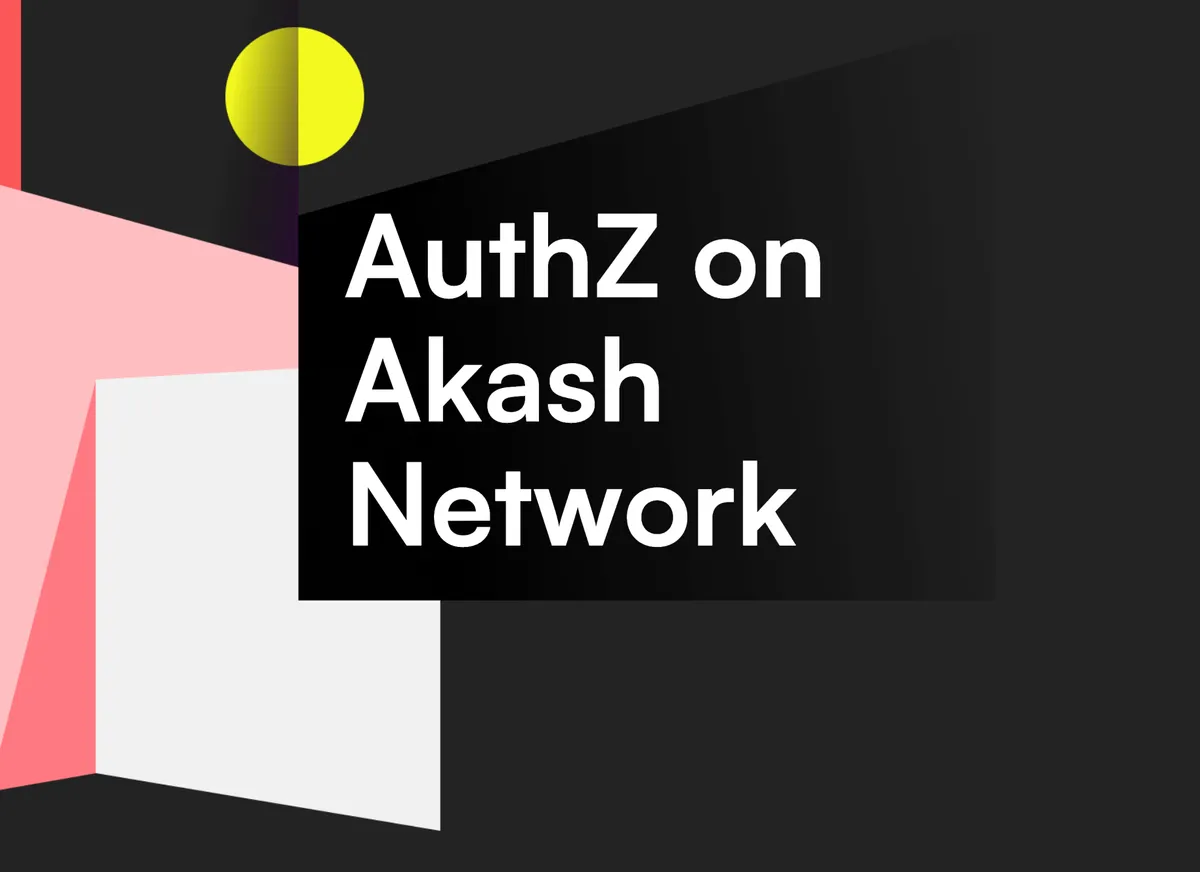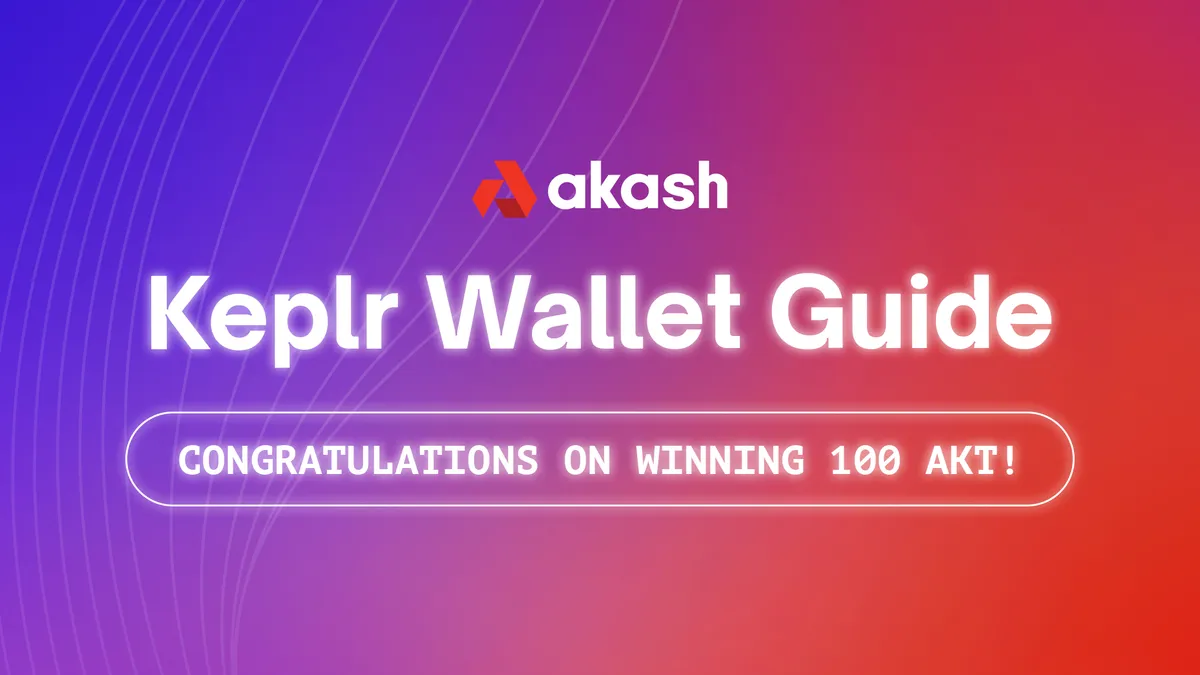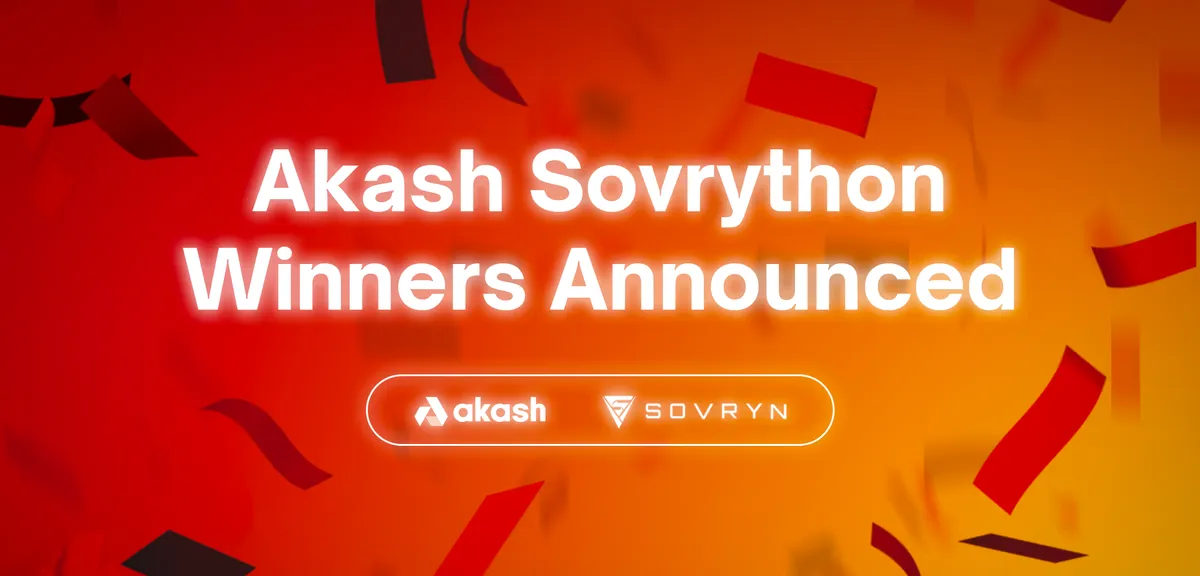
A new dawn is upon us at Akash Network and on the horizon is our third Incentivized Testnet.
This two-week-long testnet is designed for developers, crypto enthusiasts, and anyone looking to participate in the decentralized web. It allows users to stress-test recently released features focused on real-world applications, like deploying validators and nodes, running high-resource workloads, and expanding applications for the mining community.
With a prize pot of $200,000 in USD, Testnet 3 is launching on March 7th at 10 am PST and running through March 20th at 11:59 pm PST. The testnet is fully virtual, and we encourage participants from all regions of the world to join in and contribute to the future of Web 3.0.
“Testnet 3 is very exciting as it serves as a precursor to our next big milestone of launching to Mainnet 3 where a myriad of new features and use cases will be unlocked. This testnet ultimately expands the functionality of Akash Network and demonstrates its capabilities to further support decentralized cloud infrastructure, helping users move away from centralized cloud service providers and onto Akash Network.”
Greg Osuri, CEO of Akash Network
Testnet 3 is how we get there.
Challenges
Testnet 3 has a total of 38+ challenges that will be announced over the 14-day competition, starting next Monday, March 7th
From programmatic enforcement of inflation to letting other wallets deploy with your tokens, the challenges under the week one umbrella cover a wide range of improvements to the functionality and durability of Akash Network.
“In this release, we are enabling higher resource caps for each deployment. Deployments will now have access to 256 CPUs per service, 512 CPUs total in a deployment, 32 TB storage capacity, and 512 GB memory,” said Adam Bozanich, CTO of Akash Network. “Persistent storage is not just an optional feature, it is a requirement for many workload types such as large blockchain node hosting and database-backed applications.”
Adam Bozanich, CTO of Akash Network
This enables developers greater flexibility for running a wide range of workloads requiring high resources. Most of these workloads have previously been unable to run on the network, like larger validators for example.
Week two is where we take the developer further down the journey through enterprise-grade features, bringing the Akash Network closer to the features offered by Big Tech cloud providers. In addition to the technical and qualitative challenges, there will be bonus challenges involving creative content on YouTube and Medium that will increase your likelihood to win some AKT.
Stay tuned and make sure you’re signed up for updates as each challenge will be announced closer to their start dates to keep the playing field level.
Features
So, let’s talk about the features you can play with.
Persistent Storage
Persistent storage on Akash allows data to remain available through the lifetime of its lease. A deployment could drop, reinitialize, and move within a provider while retaining access to data stored. The provider allocates a volume on the host that is mounted within the deployment.
This functionality closely mimics storage capabilities in public cloud environments. The ability for data to remain available through the life of its lease is a huge leap forward for many deployment use cases. Future releases will explore the ability to persist data across leases, adding even further capability. Check out the documentation, here.
Fractional uAKT
Fractional uAKT removes the minimum cost of deployment. In the past, a deployment could not be cheaper than one uAKT per block. This means, extremely light workloads like a crypto wallet, or perhaps a personal blog could end up being more expensive than necessary. The limitation also would have more severe consequences as token price increases. A lightweight deployment could increase from $1 to $5 per month if the token were to double or triple in price.
With fractional uAKT, prices will remain consistent and resource consumption can be accurate to the cost. Check out the documentation, here.
Authorized Spend
Authorized Spend allows users to authorize their wallet to spend a set number of tokens by another source wallet on deployments. The authorized spend is restricted to Akash deployment activities and the recipient of the tokens would not have access to those tokens for other operations.
This allows large teams to work on deployments together without using shared wallets, thereby reducing security concerns. Additionally, this allows new community members to spin up deployments without access to a faucet. Check out the documentation, here.
Inflation Decay Curve
Today the inflation curve is handled manually by proposal voting when it is deemed necessary. On occasion, this has led to AKT scaling incorrectly with inflation going out of ideal ranges. Not only is this bad for trust in the token but it hurts token stability.
To solve this, the automatic curve mechanism will autocorrect when the inflation differs from the plan. This removes the need for human intervention and further stabilizes and secures the future of the token and the economics surrounding it.

This Tuesday, March 1st we will be hosting an AMA via Twitter Spaces at noon PST with our CEO Greg Osuri and CTO, Adam Bozanich, hosted by our Head of Community, Adam Wozney. Be sure to secure your spot here.
If you would like to participate in Testnet 3, make sure you are signed up for updates, here.


